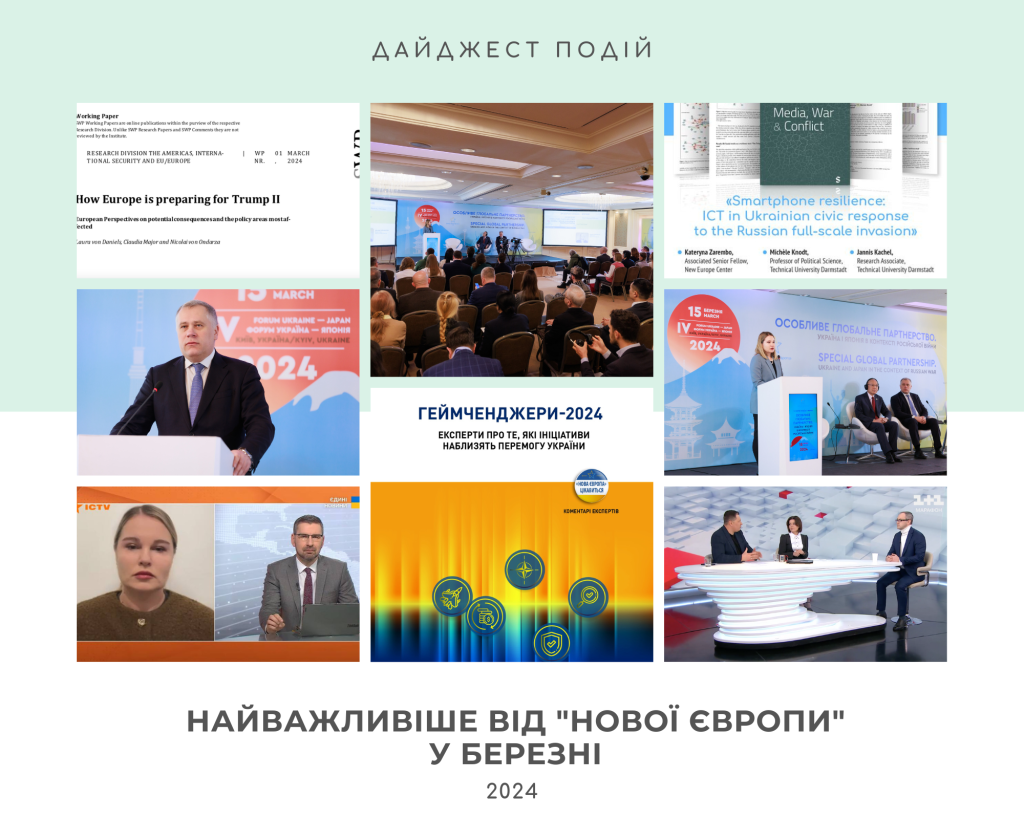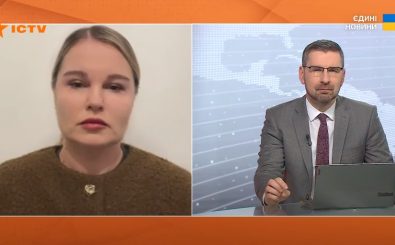The denunciation of the Ukraine-Russia Agreement on Cooperation in the Azov Sea and the Kerch Strait of 2003 would narrow down the scope of Moscow’s legal manipulations and establish at least a minimum of certainty. This is the main argument for termination of the Azov Agreement. In case of its denunciation, Ukraine and Russia would have to adhere to the provisions of the 1982 United Nations Convention on the Law of the Sea, which would allow to establish a territorial sea regime in the form of a 12-mile zone from the outgoing lines. The international status should deprive Russia of the grounds for arbitrary actions on the legal side. Finally, the denunciation would restore historic justice, since the Ukrainian President had signed the agreement in 2003 under considerable pressure from Moscow.
The most controversial issue, which obviously holds back the Ukrainian diplomats, is the possible impact of such a step on resolving the disputes between Ukraine and Russia in international judicial instances. It should be noted that not all lawyers in Ukraine support this position, considering that the existing agreement does not allow that. There is also a certain risk of a discrediting campaign that Moscow has actually already initiated against Ukraine.
The New Europe Center recommends informing the international partners about the situation in the Azov Sea as much as possible.
Representatives of the Ukrainian authorities should also speak with a single voice about the situation in the Azov Sea, as any ambiguous statements would weaken Ukraine’s position on the international scene.
The New Europe Center asked diplomats, military officers, lawyers, and scholars to assess the degree of risks and threats to Ukraine both in the event of denunciation of the agreement, and in the case of its survival. This memo should contribute to a balanced approach to the final decision. During the preparation of this analytical document, we used the Center’s own expertise, as well as expert assessments by Andriy Ryzhenko, Borys Babin, Volodymyr Vasylenko, Anton Korynevych, and Tymur Korotky.
Read the full memo at the link
The paper was written within the Think Tank Development Initiative for Ukraine (TTDI), carried out by the International Renaissance Foundation in partnership with the Think Tank Fund of the Open Society Initiative for Europe (OSIFE) with financial support of the Embassy of Sweden in Ukraine. The views and opinions expressed in this paper are those of the author and do not necessarily reflect the position of the Embassy of Sweden in Ukraine, the International Renaissance Foundation, and the Open Society Initiative for Europe (OSIFE)







